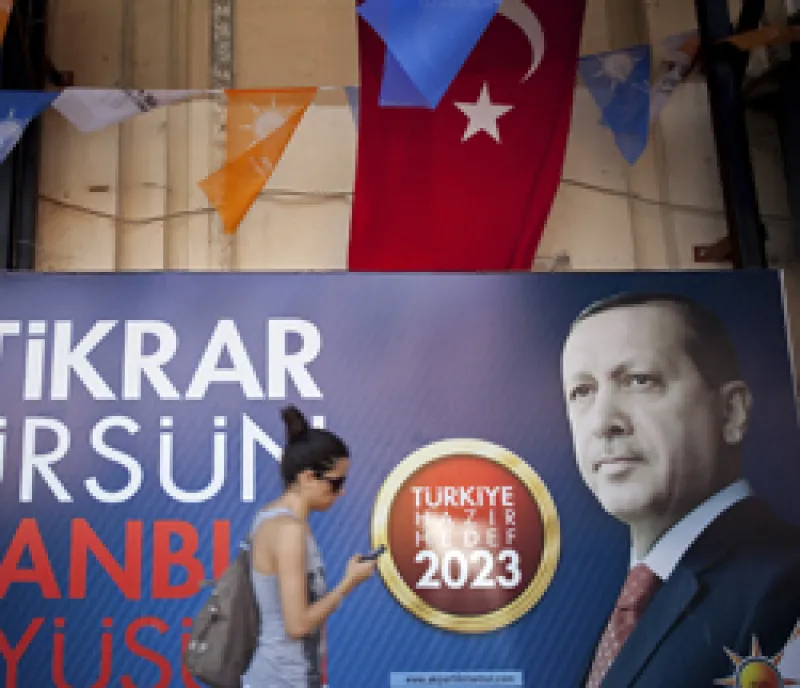
Turkey's Economy Driven by Faith and Financial Acumen
With a combination of faith and financial acumen, a new class of business leaders is driving Turkey's economy and providing a solid base for Prime Minister Recep Tayyip Erdogan's AKP government.
Jonathan Kandell
September 2, 2011


